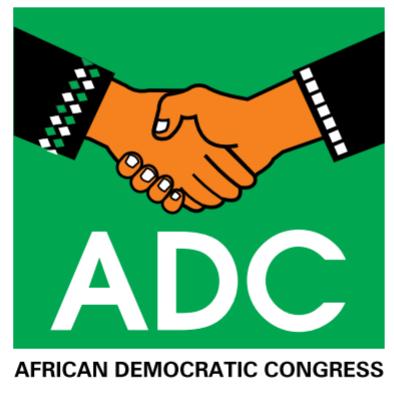The Independent National Electoral Commission (INEC) has said despite the insecurity and other challenges facing the country, the 2023 general elections will go on as scheduled.
The INEC Chairman, Prof. Mahmood Yakubu, said this on Thursday at the public presentation of the 2022-2026 Strategic Plan (SP) and the 2023 Election Project Plan (EPP) in Abuja.
INEC Official Shot dead in Imo
44.6% of voters registered since 2021 are invalid – INEC
According to him, the documents were the third in the series of strategic election plans since the era of deliberate planning of elections started in 2012.
“Clearly, these are challenging times but we are determined that election must hold in 2023. However, this is a shared responsibility. INEC plays a critical role but the Commission alone cannot deliver the elections we all desire.
“I therefore appeal to all Nigerians to joins hands with us in ensuring that we make a success of the process. Let me once again reiterate that the dates for all activities in the Timetable and Schedule of Activities for the 2023 General Election are firm and fixed and all stakeholders are advised to take this into consideration in planning their activities,” Yakubu said.
He expressed delight that the plans had been finalised 10 months ahead of the 2023 General Election.
According to him, the election will be conducted for 1,491 constituencies nationwide made up of one presidential constituency, 109 senatorial districts, 360 federal constituencies, 28 governorship elections and 993 state constituencies.
He said the election will involve an estimated one million electoral officials (both permanent and temporary or ad hoc staff) deployed to 176,846 polling units (PUs) in 8,809 Wards and 774 Local Government Areas across the country.
He also said that the election will be governed by a new Electoral Act 2022, which contains many progressive provisions that will enhance the capacity of the commission to conduct elections and manage the electoral process.
Yakubu said, “To do this, the Commission relies on three key elements. First is the knowledge and experience gathered from the conduct of previous elections. Second is the use of innovations to enhance electoral integrity and improve voter experience. Third is the institutionalization of the culture of planning.
“These elements have guided the Commission through three successive general and several off-cycle and bye elections. Consequently, our elections are getting better, electoral outcomes less contentious, and voter experience of the electoral system increasingly more participatory and inclusive.
“Against the backdrop of the impact of the COVID-19 pandemic and the current security situation in the country, both plans had to prioritise the institutionalisation of the commission’s processes for the effective delivery of its mandate by focusing on capacity-building, the promotion of professionalism, encouraging greater synergy among departments, improving efficient utilisation of resources, increased deployment of technology as well as greater sensitivity to threats to the electoral process as well as election personnel and infrastructure.
“These concerns are reflected in the Plan’s five strategic objectives, each of which identified several key actions, key activities and key outcomes that constitute a broad guide to the vision of the commission to provide electoral operations, systems and infrastructure to support the delivery of free, fair, credible and inclusive elections.
“The Plan also forms the basis for the Election Project Plan which focuses on five key objectives identified by the Commission as critical for the successful conduct of the 2023 General Election.








